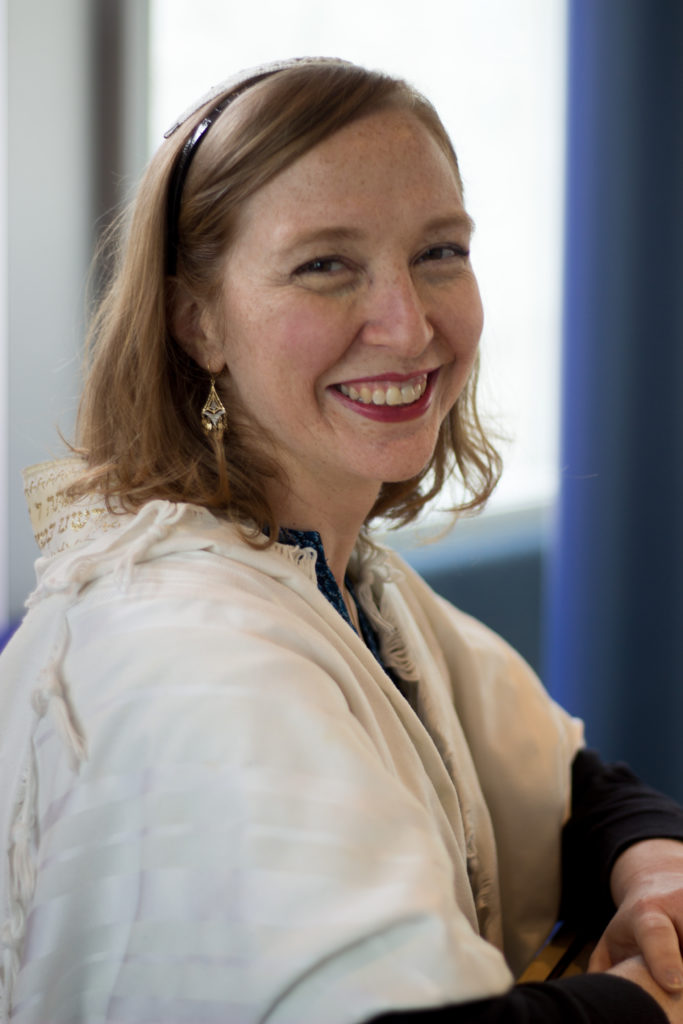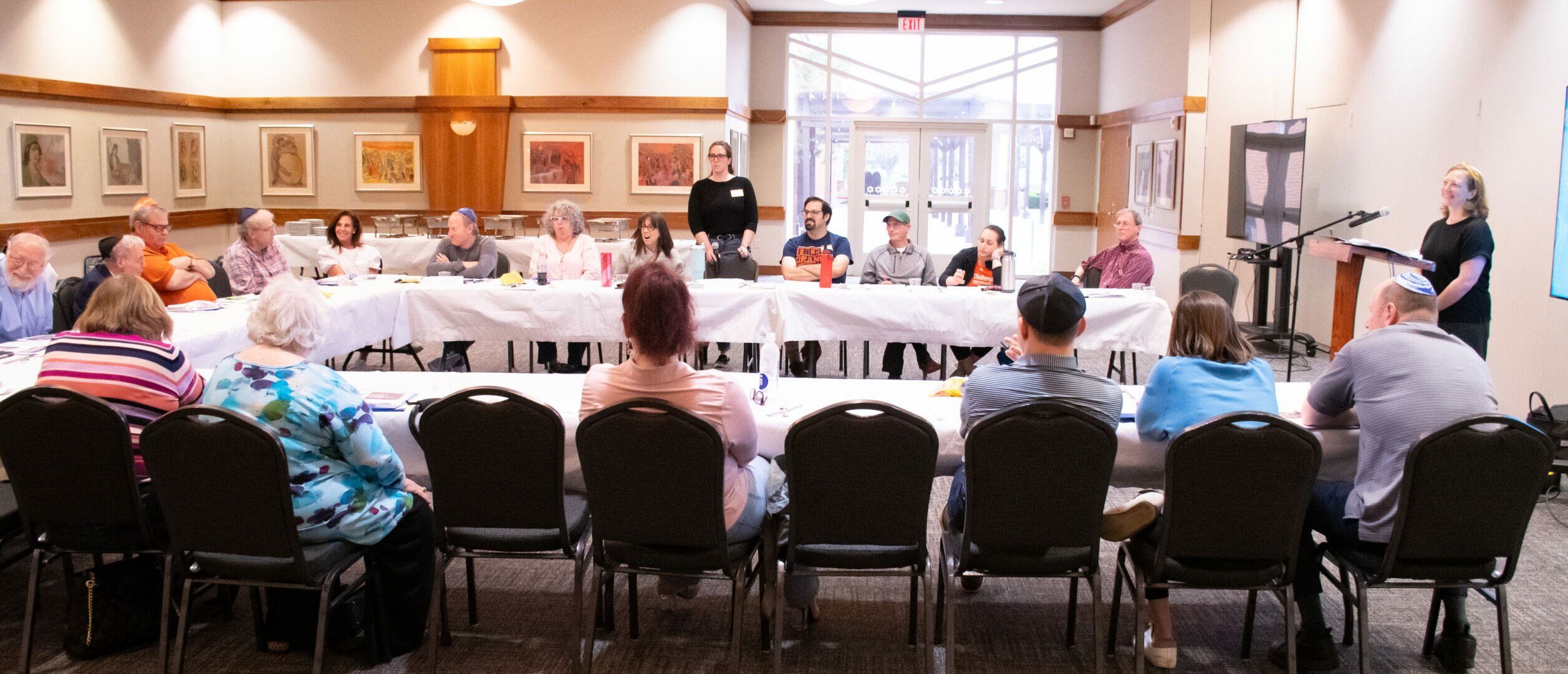We are introducing a new occasional section of Clal’s weekly newsletter, eClal, sharing findings and learnings from The Belonging Project. This week, I want to look at the experience of synagogue lay leadership. These are dedicated volunteers who love our communities so much that they donate many hours a month to helping the community run. They are also the ones who, by and large, participate in The Belonging Project with Clal.
I often tell congregations to imagine what it would look like if the board member experience represented the highest form of community-building the synagogue has to offer, if it were the peak of the synagogue’s values, talents, and experiences. What might need to change about how board meetings run, where they are, what’s on the agenda? About what board members receive from their dedication, not just what they give?
To quote adrienne maree brown in Emergent Strategy: Shaping Change, Changing Worlds, “How we are at the small scale is how we are at the large scale… What we practice at the small scale sets the patterns for the whole system.”
One synagogue I coached in New Jersey took this to heart, and we redesigned their entire first board meeting. What had originally been slated as simply passing the budget now included dinner, nametags, paired study of Jewish texts about money values, and small group discussions about board members’ goals for themselves this year. Each person even received an invitation; it became a special occasion. And yes, they passed the budget. But they also set the tone for the year, enjoyed themselves, talked about what mattered to them, and met someone new.
In Houston this week, the staff and board members attending the Belonging Project workshop with me did something they don’t usually do at board meetings, by their own reporting: They had fun. They were playful. They listened and collaborated. Instead of simply accomplishing a list of tasks, we brainstormed wild and crazy ideas for increasing belonging — anything goes! One staff member said he learned things about even long-time board members he hadn’t known before. The room was ringing with laughter instead of Robert’s Rules of Order.
If we practice the idea that the small is also the large, then any given area of synagogue life — whether it be board meetings, kiddush set-up, or a holiday party — can become itself a highest version of synagogue belonging and community. We just have to intentionally design it to be so.

Rabbi Julia Appel is Clal’s Senior Director of Innovation, helping Jewish professionals and lay leaders revitalize their communities by serving their people better. She is passionate about creating Jewish community that meets the challenges of the 21st century – in which Jewish identity is a choice, not an obligation. Her writing has been featured in such publications as The Forward, The Globe and Mail, and The Canadian Jewish News, among others.

